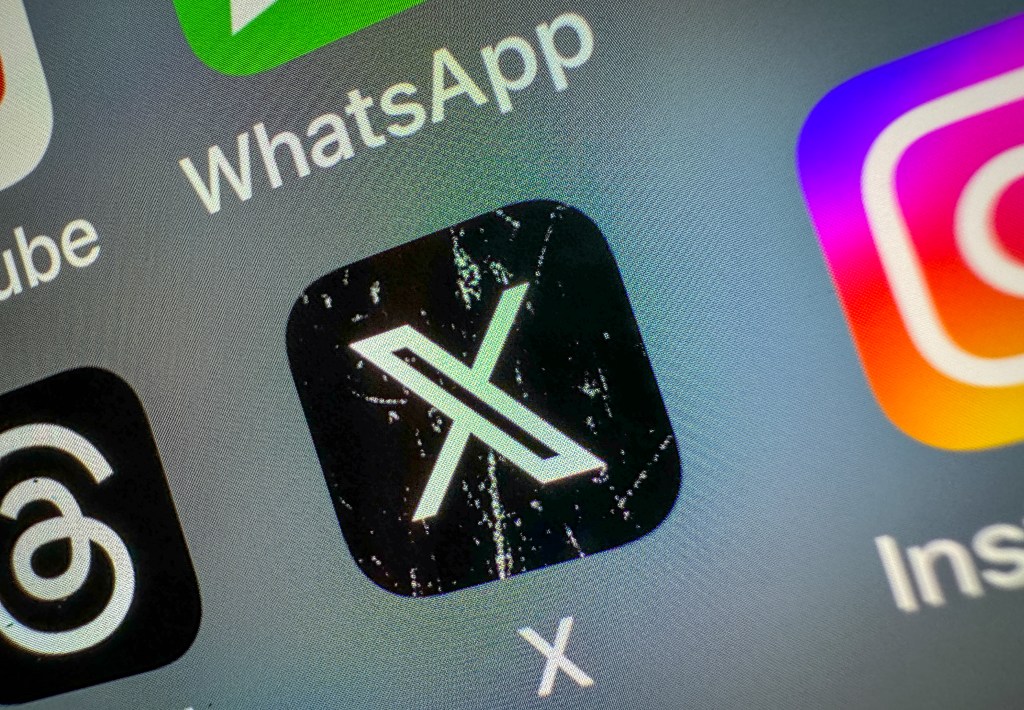
WWW.CNET.COM
15 Essential Questions You Need to Ask Before Installing Solar Panels
Installing solar panels is a smart investment that can increase your home's value, reduce your energy bills, and help protect the environment. A recent CNET survey found that 78% of surveyed US adults are stressed out by high energy bills, and making the switch to solar power is a logical next step. However, with tens of thousands of dollars on the line, you don't want to take this decision lightly, even if the big federal incentives make it more appealing.After you research companies, read reviews and gather recommendations from friends and neighbors, you'll need to choose the right installer. Knowing the right kind of questions to ask solar companies in your area can ensure a smooth installation experience and save you thousands over your system's lifetime.Here are 15 questions to ask solar installers to make sure you're making the right choice. Can solar panels save you money? Interested in understanding the impact solar can have on your home? Enter some basic information below, and well instantly provide a free estimate of your energy savings. 1. How long have you been in business?The solar industry's recent boom means that more companies than ever are getting in on the action. That's generally a good thing, but not all of them are experienced installers or even legitimate businesses."Sometimes these installation companies are fly-by-night. They open one month and close the next," said Jani Hale, help desk manager withSolar United Neighbors, a nonprofit that helps consumers go solar by forming residential co-ops and providing educational support. Ideally, an installer will have been in business for three years or more.2. What are your company's certifications?Online reviews for solar installers are a great start, but they're not as reliable as an industry certification. The National American Board of Certified Energy Practitioners (NABCEP) sets standards for knowledge, experience and professionalism in the renewable energy sector. "We recommend that at least one person in that company be NABCEP certified to ensure that they have the appropriate knowledge and skills," Hale said.Additional certifications can tell you more about a company's labor practices and environmental standards. B Corp-certified companies are required to meet certain social and environmental standards in their operations, including fair labor practices and wages. "If installers are getting a fair wage, they're going to be much more likely to do a quality installation," said Micah Gold-Markel, who founded Philadelphia-based installer Solar States in 2008. Considering Solar Panels? Our email course will walk you through how to go solar By signing up, you confirm you are 16+, will receive newsletters and promotional content and agree to our Terms of Use and acknowledge the data practices in our Privacy Policy. You may unsubscribe at any time.3. What are the rules around solar in my state?"There are different rules for different states, so making sure that the person you're talking to can explain the rules in your state very clearly is extremely important," said Gold-Markel.For example, California law restricts the backflow of residential solar to the grid. In Pennsylvania, residential systems can send unlimited power back to the grid, with utilities required to pay the full retail price. Those state-by-state differences can significantly affect the payback period for your system. Considering Solar Panels? Our email course will walk you through how to go solar By signing up, you confirm you are 16+, will receive newsletters and promotional content and agree to our Terms of Use and acknowledge the data practices in our Privacy Policy. You may unsubscribe at any time.4. What solar incentives are available in my area?In addition to the 30% federal tax credit offered by the Inflation Reduction Act, you may be eligible for additional credits or incentives based on other factors. Those incentives can add up, and that's before any local or utility-specific incentives come into play. A knowledgeable solar installer will be able to tell you about federal, state and local incentives that can help you save money. "You can get between 30% and 60% of the cost of your solar back in tax credits, depending on how you use these various federal incentives," Gold-Markel said.For example, if you're purchasing solar for your businessit may be possible to accelerate the depreciation of that asset, allowing for a larger tax deduction in the initial years of your system. You could also be eligible for additional credits if your installer uses American-made materials.5. What type of equipment do you use, and was it produced ethically?Ask about the equipment an installer plans to use and why they've made that choice. A company that only uses one size of panel may not be the best fit if your home has a complex or architecturally elaborate roof. "Beware of salespersons who imply that there's only one type of solar system or battery storage," Hale said. "There are many brands of solar equipment and system designs to choose from."Gold-Markel also recommends inquiring about where equipment was sourced, with a preference for panels that were manufactured in the US. "We are part of Amicus, a national cooperative of installers that buys ethically sourced solar panels," he says. "If you can find an Amicus installation professional in your area, you know you're getting a responsibly sourced system."6. Do I need a new roof before installing solar?The age of your roof is a key consideration in going solar. Solar United Neighbors recommends replacing a roof with less than 10 to 15 years of life left before installing your system.A competent solar installer should be able to give you an opinion of your roof's condition and make recommendations as part of their proposal. "They may not be roofers themselves, but they should be able to say, 'We see some damage on your roof and it would be a good idea if you got it replaced prior to going solar," Gold-Markel said.7. Is your company going to perform the installation?Believe it or not, the salesperson you're speaking with might not work for the company that will actually do your installation. Make sure the installer you're signing on with will be the one to do the work."There are a lot of high-pressure marketing companies out there that are sort of posing as solar companies," Gold-Markel said. "All they do is marketing and sales, and then they pawn off the solar installation to some other company. That can be a real recipe for disaster." Make sure you know who's actually going to be doing the work of putting solar panels on your house before you sign on the dotted line. Sandy Huffaker/Bloomberg via Getty Images8. What's your timeline for installation?You'll want to discuss a rough project timeline with any solar installer you're considering -- both in terms of when work will begin and how long it will take to get your solar installation up and running. Hale noted that's a question a reputable installer should be asking you."Installers should ask what your timeframe is for getting your system installed, so they can give you the room to do your research," she said. "The really good installers will wait for you to come back to them."9. What kinds of maintenance packages or warranties are available?Gold-Markel recommends inquiring about extended warranties or operations and maintenance packages that cover the entire life of the system, which is typically around 25 years. "Ask if you can also get an operations and maintenance package, an extended warranty that covers the lifespan of the solar or a longer warranty for the workmanship than may come with the contract," he said.10. Are there fees associated with financing my system, and who's providing the financing?Due to high interest rates, financing your solar installation is a less attractive option than it was a few years ago. If you are considering financing, Gold-Markel said, be sure to inquire about any hidden fees that may be a part of the agreement. It's also important to look into the institution offering the loan, which may be a third party, and read the terms closely to understand what happens if you default.11. What is the cost of my solar system in dollars per watt?Homeowners tend to focus on the total cost to install solaror the cost per panel. Be sure to compare the cost in dollars per watt when comparing solar installers, Hale said. Two solar systems may have a similar overall cost, but the wattage generated can differ based on panel size and capacity. The system with the lower cost per watt is the better deal.12. How much consumption is my solar energy going to offset?A good solar installer should make it easy to understand how much of your household's power consumption can be met by your solar system. Factors like weather, shade, roof size and household energy use will all affect how much power your panels will generate.Information about how much of your household's electricity will be offset by your system should be included in a reputable solar installer's proposal for your project, and installers should be forthcoming about this information. "If that's clearly laid out in a proposal, then nine times out of ten, that's a green flag," Hale said.13. What are the lifetime savings based on?Your discussions with solar installers should not only estimate how much you'll save over the life of your system but also include how that estimate was derived.Installers calculate lifetime savings using a metric called a utility escalator. This percentage describes the projected inflation rate of the cost of power and is based on historical trends (and is different from the escalators in a power purchase agreement). Solar United Neighbors recommends checking that the utility escalator used in competing proposals from different installers is the same to help you compare accurately.14. Is the power generation estimate guaranteed?It's not possible to ensure that every panel in your solar system will always produce power at the maximum level, said Gold-Markel, but a good installer should be able to guarantee your panels' performance within a reasonable range."If the overall power output is within a reasonable error rate of, say, 10% of what was predicted, then I think you should be happy with the outcome," he says.15. How do I sell solar energy credits back to the grid?Net metering policies in some states allow you to sell power generated by your solar system back to the public grid -- a significant solar incentive that can significantly reduce the payback period on your system. You don't typically sell that power to your energy utility directly.Instead, homeowners often sell solar renewable energy certificates, or SRECs, through a third party known as a broker or aggregator. Your installer may be able to connect you with a broker. If you'd prefer to choose your own broker, Solar United Neighbors recommends double-checking your contract to make sure that's not prohibited in your agreement.
0 Комментарии
0 Поделились
162 Просмотры





.png?width=1920&height=1920&fit=bounds&quality=80&format=jpg&auto=webp)





